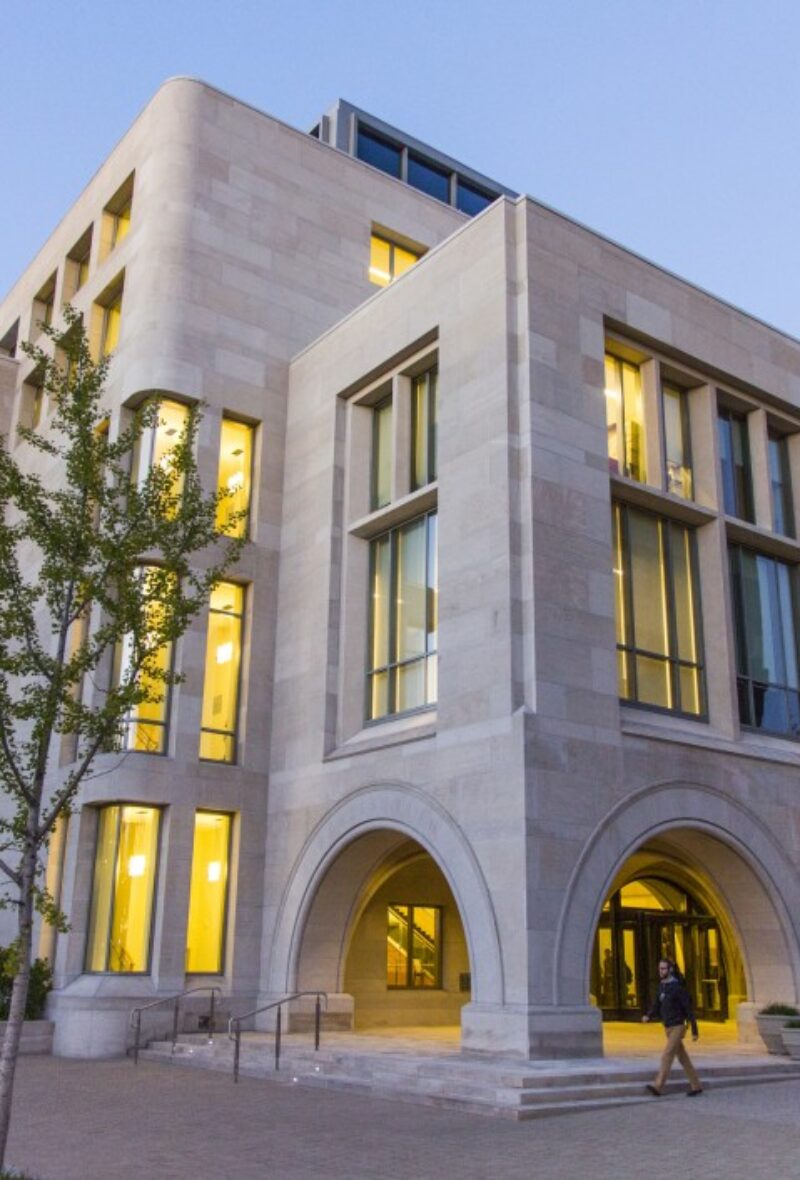Beginning July 1, Harvard Law School will substantially increase support for J.D. graduates in its existing Low Income Protection Plan and launch a new Public Service Loan Forgiveness program for J.D. students and alumni pursuing public service careers.
“In the context of our fully need-based financial aid program, Harvard Law School invests significant resources to make a legal education as accessible as possible and to enhance our graduates’ ability to pursue the path best for them, whether that’s in public service or the private sector,” said Harvard Law School Dean John F. Manning ’85. “In recent years, we have worked both to make important structural improvements to our Low Income Protection Plan and to substantially lower the interest paid on student loans through our Preferred Lender Program. Now, by again increasing support for our existing Low Income Protection Plan and by launching a new federal loan forgiveness option, we are further deepening our investment in our graduates as they pursue careers of impact, meaning, and fulfillment.”
The decision comes after extensive deliberation, information gathering, and input that occurred as part of the law school’s regular financial aid planning process, which began in the fall.
Further Bolstering Harvard Law’s ‘Low Income Protection Plan’
Harvard Law School will bolster its longstanding loan repayment assistance program — the Low Income Protection Plan — by increasing the LIPP participant scale for full coverage of loan repayments for qualifying individuals by 27%, from $55,000 to $70,000, beginning in July 2023. When combined with last year’s increase, this represents a total increase of 45% over two years.
As a result, qualifying J.D. graduates with a calculated income of $70,000 or less annually will now be eligible to have LIPP cover the full cost of their loan repayments. All other LIPP-eligible participants will pay less each month towards their law school loans.
“For nearly half a century, the Low Income Protection Plan has made it possible for thousands of Harvard graduates to follow their dreams of serving the public in government and the nonprofit world,” said Catherine Pattanayak ’04, assistant dean for public service. “This year’s record increase, which comes on top of last year’s, reaffirms yet again Harvard Law School’s commitment to supporting our public interest-focused students and graduates.”
In the past five years, Harvard Law School has implemented several other enhancements to the program, including tripling the transition coverage for periods between jobs; greatly increasing allowances for children and childcare; improving its approach to parental, family, and medical leaves; and enhancing its coverage of eligible college debt. More information about Harvard Law School’s support for public interest jobs and careers is available on the website of Harvard Law’s Bernard Koteen Office of Public Interest Advising.
Launching a New Federal Loan Forgiveness Option
In addition to raising the floor for participants in its existing loan repayment program, Harvard Law School will also launch a new loan repayment assistance option based on the federal Public Service Loan Forgiveness, or PSLF, program for J.D. alumni with federal loans. This option will enable participants who are eligible for the PSLF program and committed to working in a qualifying public service role for at least 10 years to earn up to $110,000 per year before contributing towards their qualifying loans.
“While the federal loan forgiveness program isn’t right for everyone, we think it will be a great option for those who are choosing to commit to spending the decade after they graduate in qualifying public service roles,” said Natasha Onken, assistant dean for student financial services. “J.D. students who want more career flexibility will still be able to participate in our existing Low Income Protection Plan. In short, we are giving graduates who want to serve the public even more support and more choice.”
More information about the new program is available on the J.D. Student Financial Services office website.
Recent Expansion in Summer Public Interest Funding
Last year, Harvard Law School also expanded its Summer Public Interest Funding program, which enables students to accept unpaid or underpaid summer public interest jobs. With the recent expansion, reflecting an 85% increase in the available maximum summer benefit, SPIF has become the most expansive program of its kind, providing stipends of up to $9,000 each to more than 410 students in 2022.
